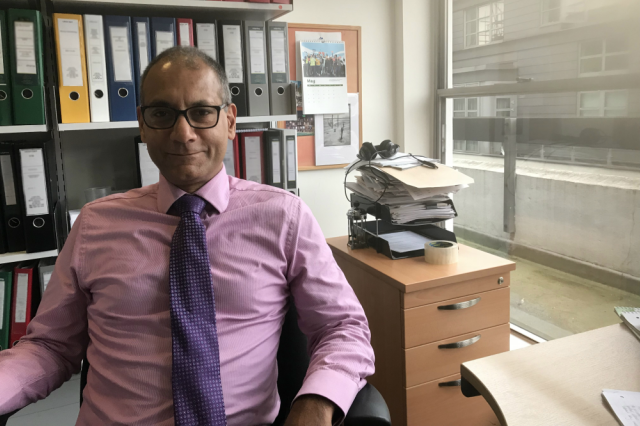Stream above or listen on your favourite podcast player
The obstacles litigants face in taking companies to trial are formidable. Evidence-gathering is hard, and victims lack resources. The process of discovery – through which victims’ lawyers get in the information necessary to proceed in the case – remains cumbersome. In this podcast, Richard Meeran, who has represented clients who have grievances against corporate conduct, talks to IHRB’s Salil Tripathi about the challenges and offers ways in which the process can be simplified.
Richard Meeran has been a Partner at London-based public interest law firm, Leigh Day, since 1991. He is the Head of the firm’s International Department. Over the past 25 years he has pioneered human rights litigation against multinationals, which has led, through a series of cases, to the transformation of UK law on parent company duty of care and forum non conveniens and greater access to justice for victims.
This podcast is part of a mini-series dedicated to the theme of “Realising Access to Effective Remedy”, as part of IHRB's annual Top 10 Business & Human Rights issues for 2018.































How should businesses respond to an age of conflict and uncertainty?
As 2024 began, European Commission President Ursula von der Leyen aptly summed up our deeply worrying collective moment. As she put it, speaking at the annual World Economic Forum in Switzerland, we are moving through “an era of conflict and...
26 March 2024 | Commentary
Commentary by Scott Jerbi, Senior Advisor, Policy & Outreach, IHRB